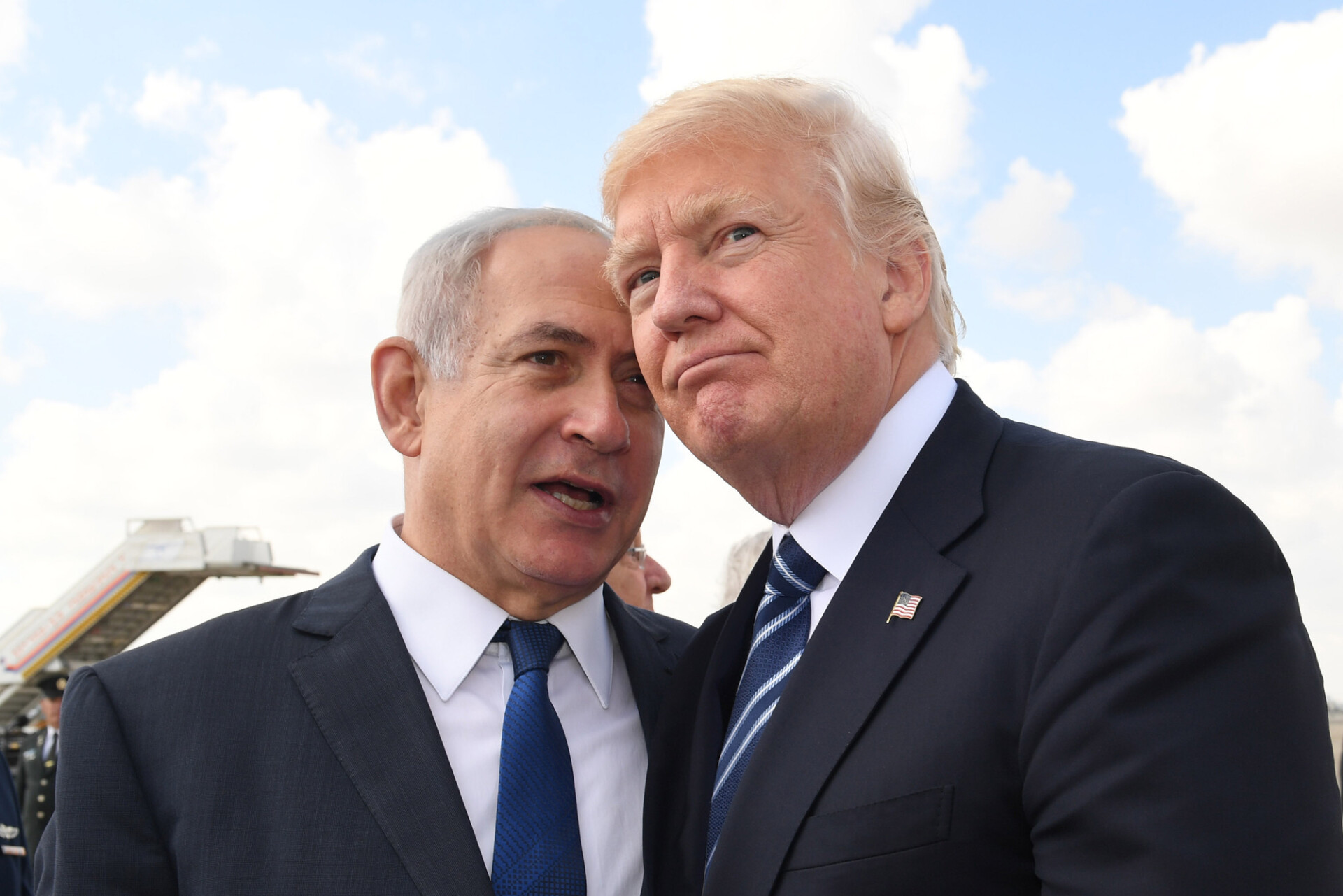In a surprising turn of events, president-elect Donald Trump recently shared on his Truth Social a video featuring Columbia professor Jeffrey Sachs accusing Israeli Prime Minister Benjamin Netanyahu of being “a deep, dark son of a bitch” who has led the US into “endless wars” in the Middle East.
In the video, Sachs says that Netanyahu has been the driving force behind the US involvement in several Middle Eastern conflicts — including the war in Iraq, the decade-long attempt at toppling Assad (which ultimately came to fruition last month) and a potential war with Iran in the near future. “He’s gotten us into endless wars and because of the power of all of this in US politics, he’s gotten his way,” Sachs claims.
Netanyahu’s advocacy for the 2003 Iraq invasion is central to Sachs’s critique. In a 2002 speech to Congress, Netanyahu asserted that removing Saddam Hussein would have “enormous positive reverberations” across the region. Instead, the war led to devastating consequences: hundreds of thousands of Iraqi civilian deaths, thousands of American casualties, trillions in costs and a government in Baghdad more aligned with Tehran than before. The power vacuum also facilitated the rise of extremist groups, including al-Qaeda in Iraq and its successor, the Islamic State (ISIS).
Sachs’s criticisms of US interventionism and Israeli influence have drawn fierce backlash from Israeli officials. Diaspora Minister Amichai Chikli dismissed Sachs as part of a fringe group of “Holocaust deniers, conspiracy theorists and blood libel enthusiasts who oppose the State of Israel”.
Trump’s decision to share this video, just a little over a week away from his inauguration, has left many people scratching their heads. The president-elect, after all, is known for his full-throated support for Israel — and Netanyahu himself — and has stuffed his next administration’s cabinet with pro-Israel figures, from Marco Rubio to Pete Hegseth to Mike Huckabee. It is particularly striking when considering Sachs’s focus, in the video, on the Iraq War and Israel’s role in it, given Trump’s vocal criticism of that conflict — and the fact that most Americans now view it as a mistake.
Could this be Trump’s way of telling Netanyahu that his support for Israel should not be considered unconditional? Might it be a signal or warning to Netanyahu to not overplay his hand when it comes to Iran? Did the two have some fallout behind the scenes? Netanyahu’s decision to officially cancel his plans to attend Trump’s inauguration, without providing an explanation, suggests this might be the case. The decision came shortly after the video was shared, implying a potential correlation.
This wouldn’t be the first time relations between the two leaders have soured: in 2020, Trump was enraged by Netanyahu’s decision to congratulate Joe Biden for his election victory, while Trump was still disputing the result — a move Trump viewed as disloyal.
Of course, this could just be a case of Trump doing what he does best: shuffling the cards and muddying the waters in order to sow panic and confusion among both his friends and adversaries, leaving them in the dark as to what to expect from him. After all, the president-elect has often boasted about how “unpredictable” he is — his personal take on the well-known “madman theory”.
Whatever the case may be, the move raises questions about how his administration will reconcile two seemingly contradictory foreign policy stances: his steadfast support for Israel and his pledge to avoid entangling the United States in further Middle Eastern conflicts, and non-interventionist rhetoric more in general, which enjoys widespread support among his MAGA base. Throughout his presidency, Trump has consistently positioned himself as Israel’s “best friend” — moving the US embassy to Jerusalem, recognising Israeli sovereignty over the Golan Heights and facilitating the Abraham Accords, aimed at normalising relations between Israel and several Arab nations at the expense of the Palestinian question. More recently, he has provided political support for Israel’s assault on Gaza.
From Israel’s perspective, however, unwavering US support for Israel should also encompass greater US involvement in the region’s conflict — a potential sticking point between Trump and Netanyahu. The latter has been vocal, for example, about the need for US assistance in countering Iran’s influence, urging American action against Tehran’s nuclear programme and its regional proxies. Could Trump be signalling to Netanyahu that he won’t tolerate any attempts by his “best friend” to strong-arm him into deeper entanglements on this issue?
For now, his motives remain as enigmatic as ever, leaving both his allies and critics guessing.











Join the discussion
Join like minded readers that support our journalism by becoming a paid subscriber
To join the discussion in the comments, become a paid subscriber.
Join like minded readers that support our journalism, read unlimited articles and enjoy other subscriber-only benefits.
Subscribe